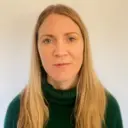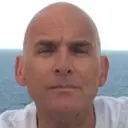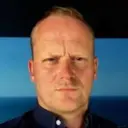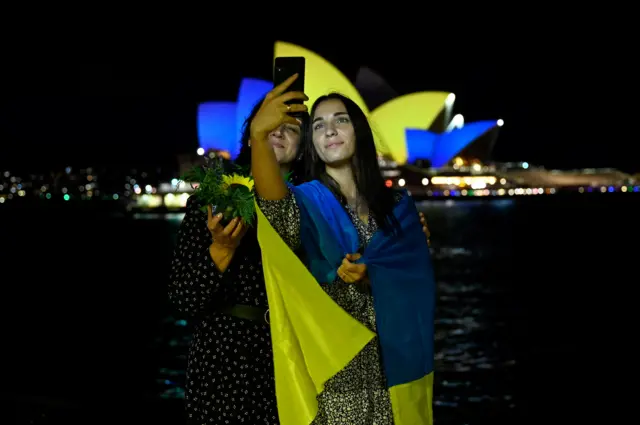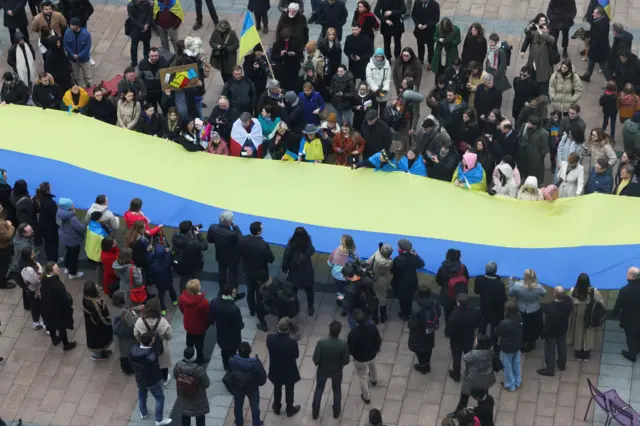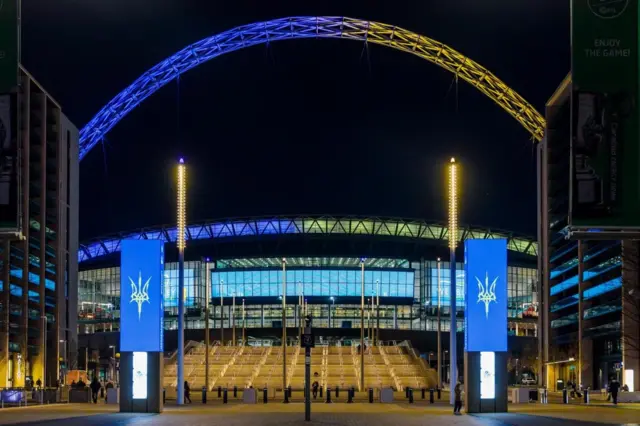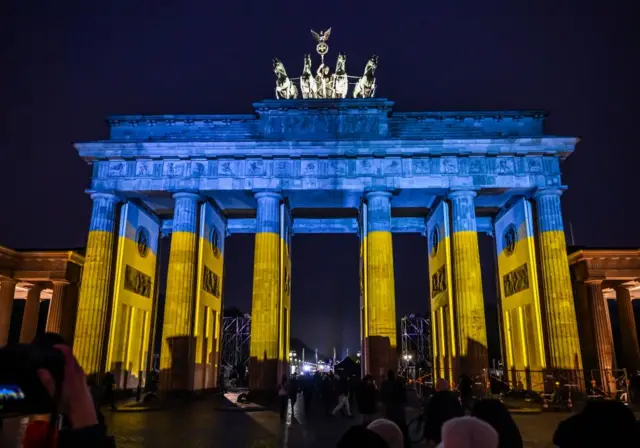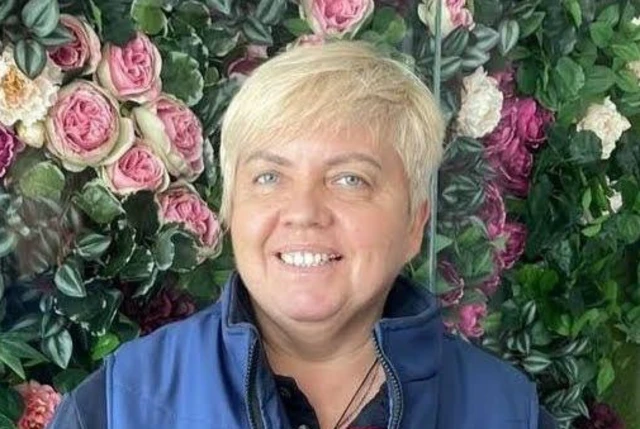Thanks for joining uspublished at 22:19 GMT 24 February 2023
Jeremy Gahagan
Live reporter
We are now pausing our coverage marking the first anniversary of Russia's invasion of Ukraine.
It's been an extremely long day, with first-hand accounts from those who have been affected and displaced by the conflict as well as stories from our reporters, correspondents and producers in Ukraine who have helped us covered the war over the past 365 days.
The day has seen the anniversary marked around the world, from Sydney to Stockholm; while King Charles paid tribute to the people of Ukraine, saying they had "suffered unimaginably".
In Kyiv, Ukraine's President Zelensky took part in a marathon press conference and at the UN in New York the Russian delegation intervened in a minute's silence.
Our coverage today has been written by Alice Cuddy in Kyiv, Marianna Brady in Washington DC, Sam Hancock, Marita Moloney, Thomas Mackintosh, Adam Durbin, Jennifer McKiernan, Anna Boyd, Gem O'Reilly and James Harness in London.
The page has been edited by Jamie Whitehead, Andrew Humphrey, Laura Gozzi, Kevin Ponniah and myself.
